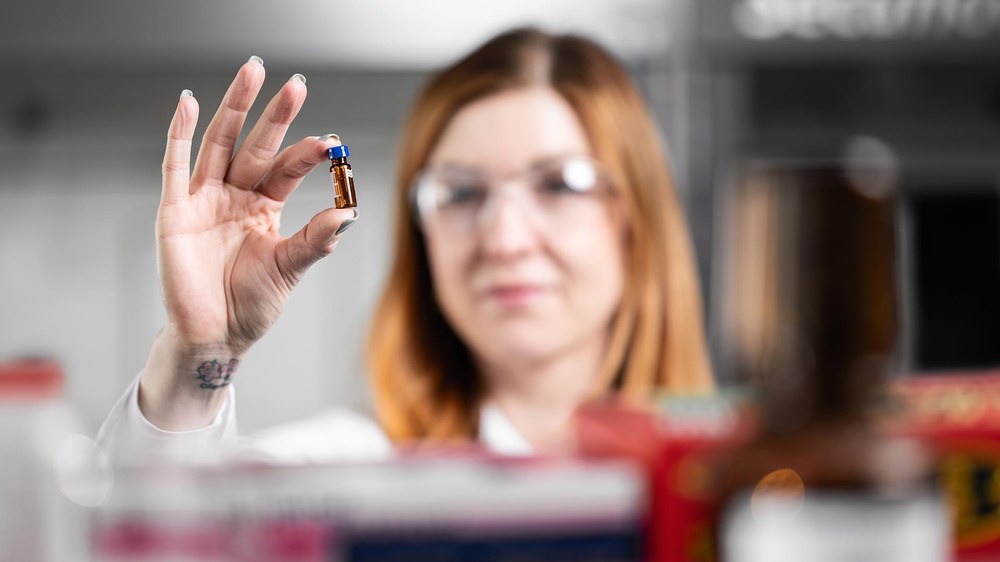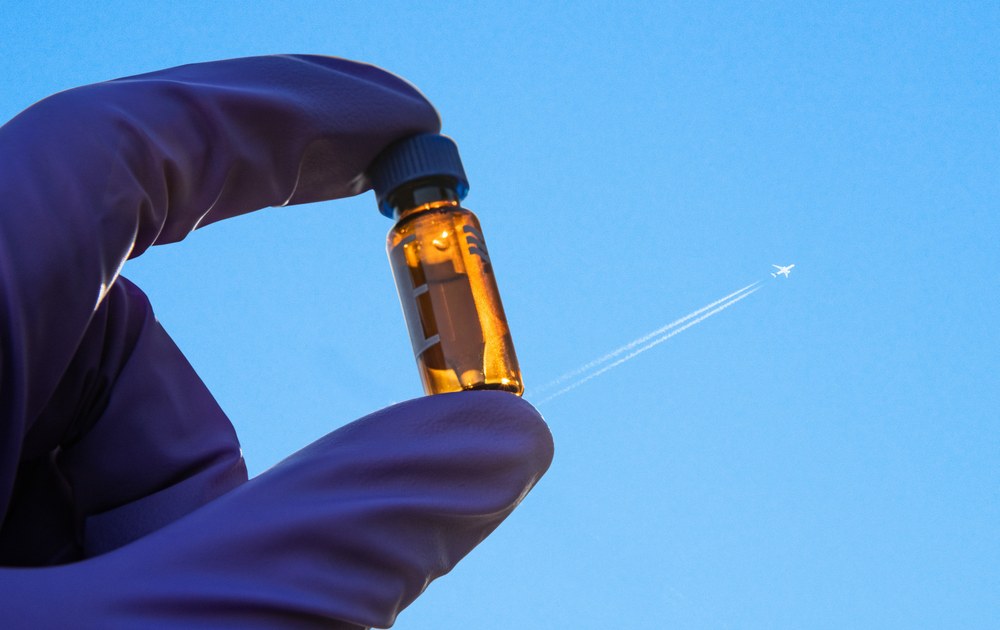Duration: 1 January 2021 to 31 December 2025
One key finding from the project is that all available technology options are needed to achieve the climate protection targets. While some areas of mobility, such as road transport, can be electrified, in other areas with high power and energy requirements - such as aviation, shipping and space transport - there is no alternative to liquid energy sources in the medium or long term. This means that complementary strategies must be chosen. For this reason, both sustainable fuels of biogenic origin and synthetically produced fuels are being analysed in the project and integrated into current strategies. This approach is also reflected in Germany's national hydrogen strategy. There, hydrogen downstream products, i.e. synthetic fuels (including eFuels), are an integral part of the energy transition.
The NeoFuels project aims to further reduce the central gap between demonstration and commercial implementation in aviation, space, transport and energy by working across programmes within the DLR. A key objective is to fully map both Biofuels and Synfuels in practical and methodological terms, from the source through to production and utilisation including the environmental impact. To this end, the expertise built up by the various partners will be used synergistically and interlinked in order to investigate all sub-processes holistically and co-optimise them where possible. DLR is virtually predestined for such a holistic approach due to its wide-ranging research.



DLR/NASA/Florian Friz

